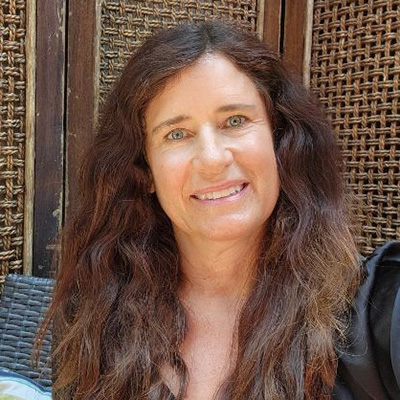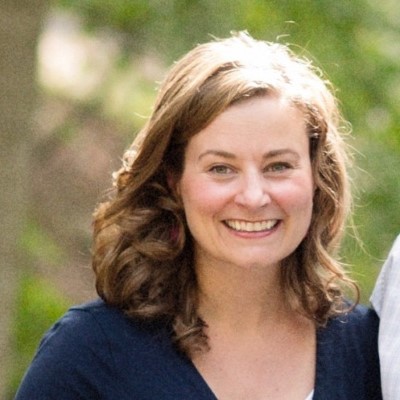November 27, 2024

Jump To:
NAMI’s National Director of Government Relations, Policy, and Advocacy, Jen Snow, talks with NAMI Greater Los Angeles County Executive Director Traute Winters about suicide prevention. During the holidays, many of us enjoy time with family and friends, but for many others, these can be trying times of increased loneliness. In this episode, listeners will hear a discussion about seasonal depression, suicide prevention, and how we can combat loneliness. This episode also features a discussion about the legislative progress being made in California and an overview of the work it took to get there.
You can find additional episodes of this NAMI podcast and others at nami.org/podcast.
We hope this podcast encourages you, inspires you, helps you and brings you further into the collective to know: you are not alone.
Episodes will air every other Wednesday and will be available on most major directories and apps.

Traute Winters is the Executive Director for NAMI GLAC. She joined the organization with over ten years of experience in leadership at national nonprofits and a passionate, proven commitment to improving the lives of those impacted by mental illness.
Prior to joining NAMI GLAC, she most recently held the role of Area Director for the American Foundation for Suicide Prevention (AFSP), overseeing a region that stretches from San Luis Obispo to Los Angeles County for more than six years. At AFSP, she worked with communities on educational programs, development, advocated for public policy on the state and federal level, and provided programs and resources that supported those affected by suicide

Jennifer Snow is the National Director of Government Relations and Policy for NAMI. She is responsible for developing and implementing NAMI’s overall federal agenda to advance public policies that support people with mental health conditions.
Jennifer joined NAMI in 2018 and has over 20 years of experience working in health care policy, with a particular focus on access to care for marginalized populations. Prior to NAMI, she held leadership roles at the U.S. Department of Health and Human Services (HHS) as a policy advisor in the Secretary’s office and as a legislative director for the Centers for Medicare & Medicaid Services (CMS). She started her career as a Presidential Management Fellow.
Jennifer grew up in New Jersey and earned a Master of Public Administration and a B.S. in Public Health, both from the University of North Carolina at Chapel Hill.
NAMI HelpLine is available M-F, 10 a.m. – 10 p.m. ET. Call 800-950-6264,
text “NAMI” to 62640, or email. In a crisis, call or text 988 (24/7).